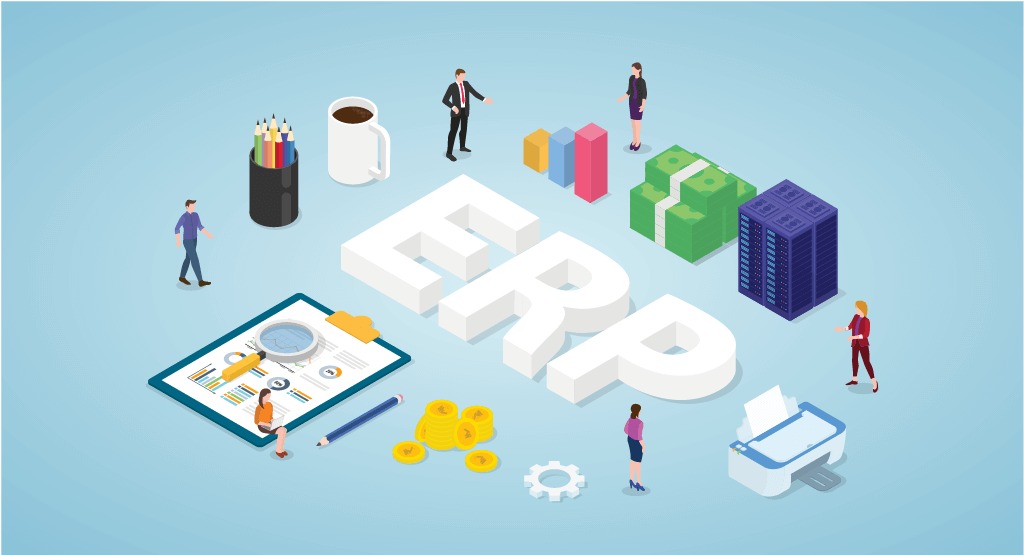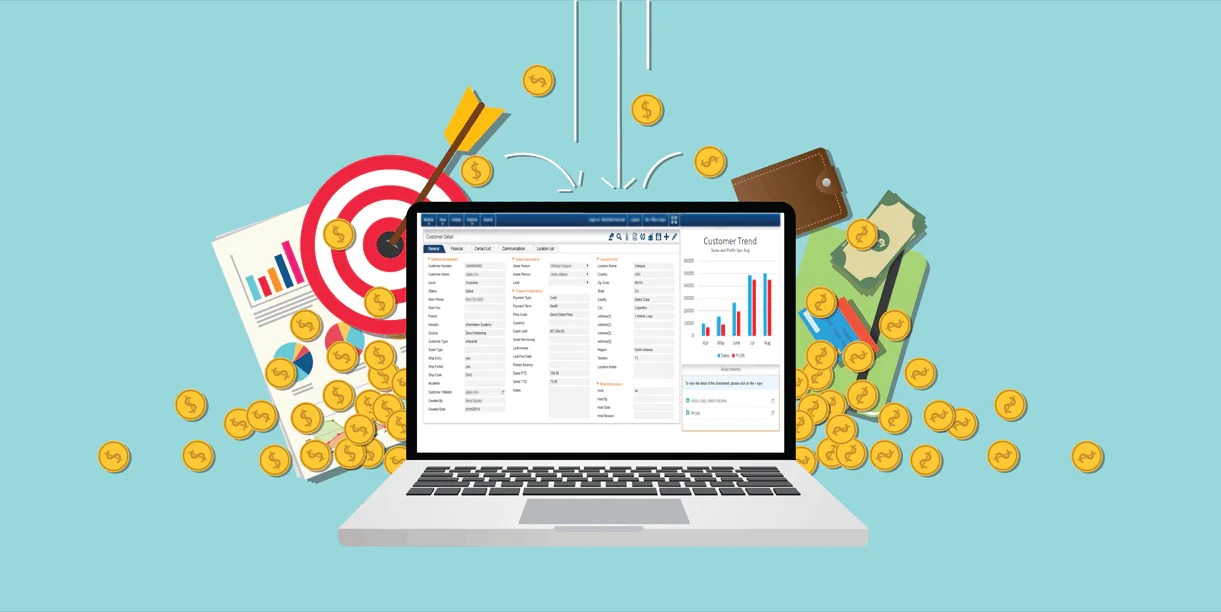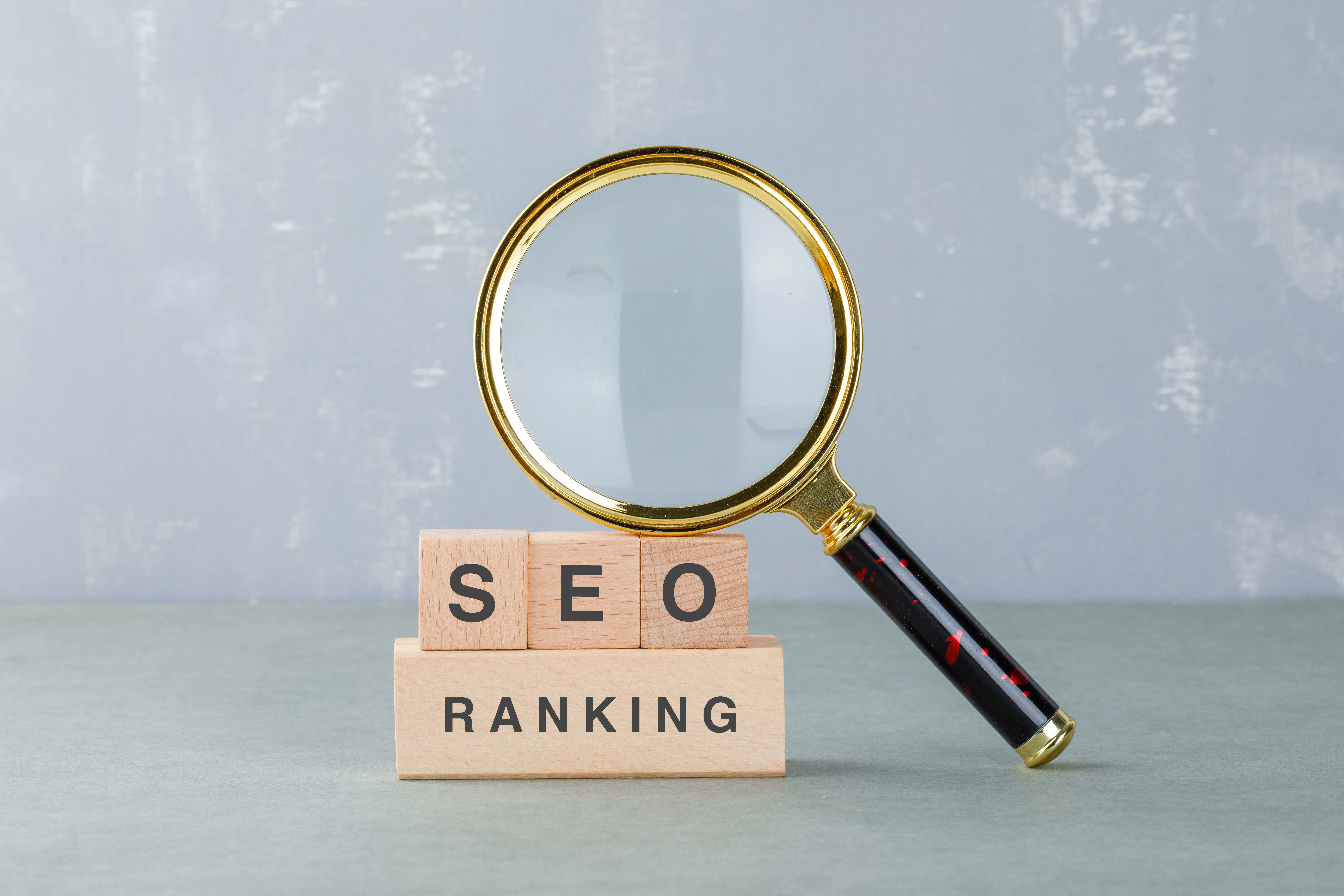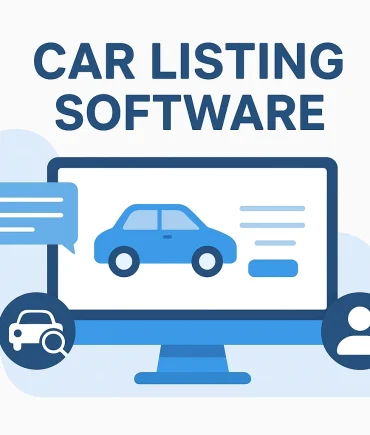What is ERP? What Does ERP Software Do?
ERP can be defined as software developed for managing a company's routinely run processes such as accounting, purchasing, risk management, and regulatory compliance. The acronym ERP stands for Enterprise Resource Planning, which translates to "Kurumsal Kaynak Planlaması" in Turkish. Businesses prefer it as a database that allows them to keep data from different areas in a single environment.
An ERP system includes many components, including hardware and software. It enables all data and processes within your business to be integrated at a single point. In other words, this system can also be defined as an integrated management system for the efficient use of many resources such as labor, machinery, and materials for the production of goods and services within a business. Enterprise resource planning systems, designed specifically for brands, are practical software to use.
With ERP systems, you can combine all your business's resources and data and use them in the most efficient way. Enterprise resource planning systems are not only for commercial businesses; they can also be used by government agencies, non-profit organizations, and non-governmental organizations.

What Does ERP Do?
ERP systems are planned entirely according to your corporate needs. It is also possible to purchase a software package by combining two or more software programs on a single system. You can manage all business processes from a single center with software tailored to your sector and corporate needs.
The advantages that ERP software will provide are as follows;
- With an ERP system, all services belonging to your business can be recorded with a high-quality standard.
- Enterprise resource planning prevents situations that can cause problems for your business, such as incorrect data entry and data loss in business processes.
- On the ERP system, data is collected in a single area. This reduces the possibility of your business's financial situation being at risk.
- Since many different modules are collected in a single system, reporting is very practical and easy. You can get output for different departments in your business and make quick decisions in management processes.
What Modules Are Included in ERP Software?
ERP software contains applications that work independently of each other. The modules that can be included in an ERP are as follows;
- "Stock Management," which shows the stock process of the products your business will sell, from storage to sales.
- "Sales and Distribution Management," which includes the sales, distribution, management, and delivery process of orders received from your customers.
- "Quality Management," which ensures production is made in accordance with quality standards.
- "Human Resources Management," which tracks HR processes such as recruitment, career planning, and training planning and implementation.
- "Production, Planning and Control Management," which tracks the number of products planned to be produced, production time cost, and customer orders.
- "Financial Management," which tracks all financial processes of the business such as accounts receivable, accounts payable, futures transactions, general accounting, and costs.
- "Supply Chain Management," which enables effective viewing and management of capacities such as information flow about stocks and the logistics chain between the business and business partners.
- "Purchasing Management," which enables tracking of processes such as determining the material demands of the business, transmitting them to the seller company, tracking, and delivery process.
- "Project Management," which collects all processes such as documents, purchasing, resources, and costs under one roof for businesses operating on a project basis.
- "Customer Relationship Management," which makes customer and business management flexible and minimizes customer dissatisfaction.
- "After-Sales Service Management," which enables the management and execution of processes such as technical service and warranty provided by the business after the sale of its products and services.
The modules in ERP systems can be diversified and multiplied according to brand needs. Module planning and integration into the ERP system are done specifically for your corporate needs.
Why Should You Use ERP?
ERP systems are preferred by many small, medium, and large-scale businesses. It is a system that provides great convenience and simplifies the management process for businesses serving in every sector.
Some reasons for your business to use an ERP system are as follows;
- You can collect financial information from different departments in your business and easily manage the financial systems integrated into the overall system.
- Thanks to the module containing customer order information, you can collect very different information in a single system. You can transmit these systems to companies in different regions and track business workflows with orders.
- You can implement and track many processes such as production, supply, sales, shipping, loading, and billing in a coordinated manner.
- ERP software systems ensure that standardization and manufacturing processes in your business run faster and with higher quality.
- With the stock module in the system, you can easily track the current stage of orders by organizing the workflow and provide instant reports on this to your customers.
- The entire workflow of the human resources department is integrated into a single system. The human resources system standardizes HR information for multi-department businesses that do not have a single HR system and presents it in a single module. Processes such as personnel rights, information, and training plans can be developed according to the sector and specific company situations.

What are the Advantages of Using an ERP System?
Research shows that eight out of ten companies in a sector use ERP systems for enterprise resource planning. The advantages it offers for businesses that want to digitize with the ERP system are as follows;
- It helps increase performance by enabling all business processes to be optimized.
- It allows you to get ahead of your competitors in the competitive environment of the sector.
- It makes the processes within your workflow the fastest.
- It allows you to establish an organized and corporate work system.
- It enables enhanced collaboration between departments within the business.
- It reduces management costs and affects the increase in your earnings.
- It changes inefficient and cumbersome data processing processes that are isolated for your business.
- It is an integrated system that covers the entire company.
- It provides effective, fast, and first-class communication between different departments.
- It can be planned according to your corporate needs on local, mobile, or cloud systems.
What are the Disadvantages of an ERP System?
ERP systems are a very efficient and advantageous system for corporate businesses. However, they have some disadvantages for small businesses. An ERP system must be well-planned, strategically implemented, and developed by a professional team.
The disadvantages of an ERP system are as follows;
- An ERP system may require a high investment cost for your business.
- It may require you to make regular expenditures on purchasing, system maintenance, staff training, and different items.
- Integration of similar systems is difficult. Therefore, a design tailored to your personal needs is essential.
- It increases the investment cost for use between suppliers.
How Much Do ERP Prices Cost?
ERP prices vary according to your corporate needs and demands. First, in ERP systems, needs are determined according to the sector and business needs and business processes. According to your needs, modules for all your business processes are developed, and an ERP system suitable for your corporate structure is developed.
Many factors, such as the number of modules to be developed, the environment where the system will be hosted, and the size of the ERP system, affect the prices. It should be remembered that an ERP system should be developed specifically for corporate needs and written by a professional team. Very cheap, ready-made ERP systems that do not meet your corporate needs are a wasted investment.
You can contact us for ERP system price information.









